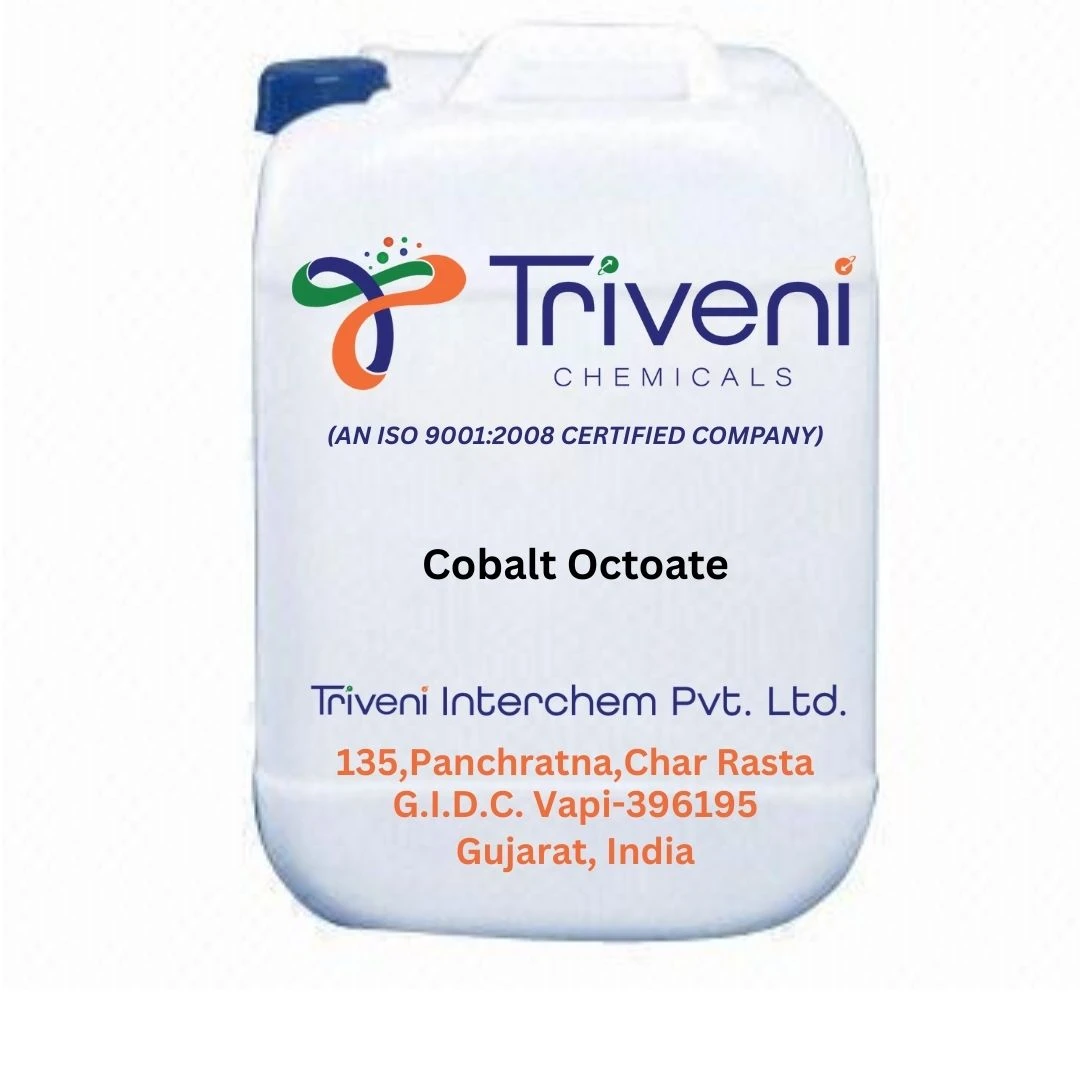Synthetic resins called polyester resins are created when polyhydric alcohols and polybasic acids react. Because of their superior mechanical qualities, resistance to chemicals, and affordability, they are frequently utilized in the creation of coatings, adhesives, and fiberglass-reinforced plastics (FRP). The most prevalent kind, known as unsaturated polyester resins (UPR), is..
Synthetic resins called polyester resins are created when polyhydric alcohols and polybasic acids react. Because of their superior mechanical qualities, resistance to chemicals, and affordability, they are frequently utilized in the creation of coatings, adhesives, and fiberglass-reinforced plastics (FRP). The most prevalent kind, known as unsaturated polyester resins (UPR), is made up of a mixture of diols and unsaturated acids or anhydrides. They go through a curing process that produces a hard, durable material when mixed with a catalyst. Polyester resins are widely employed in construction materials, automobile parts, and boat hulls due to their remarkable adaptability. Even though they are often less flexible and impact resistant than other resins, they nonetheless offer a fair balance between performance and cost. Resins Acrylate Acrylic acid and its derivatives are the source of acrylic resins, which are well-known for their exceptional weatherability, flexibility, and clarity. These resins undergo a free-radical polymerization process that yields materials with a variety of characteristics, from flexible and soft to rigid and glass-like. Acrylate resins are frequently used in paints, varnishes, adhesives, and sealants. Because of their exceptional UV resistance, they are perfect for outdoor applications. They also have high adhesion to a variety of substrates and good chemical and water resistance. Their flexibility includes uses in optical lenses, electronics, and medical equipment. Acrylate resins, however, can be more costly than other kinds and need to be handled carefully because they can cause skin irritation and other health risks when processed. Resins Epoxy Epoxy resins are prized for their outstanding chemical resistance, strong adhesion, and mechanical qualities. Epoxy resins are created when epichlorohydrin reacts with bisphenol-A or other polyols. A hardener is used during the curing process to produce a thermosetting polymer. These resins find wide applications in electronic encapsulation, composites, adhesives, and coatings. High tensile strength, minimal shrinkage while curing, and superior electrical insulating qualities are some of epoxy resins' main benefits. The construction, automobile, and aerospace sectors all make extensive use of them. On the other hand, processing epoxy resins might be more difficult as they frequently need for exact handling and mixing circumstances. They can also be more expensive and provide health hazards if appropriate safety precautions are not taken when using them.


